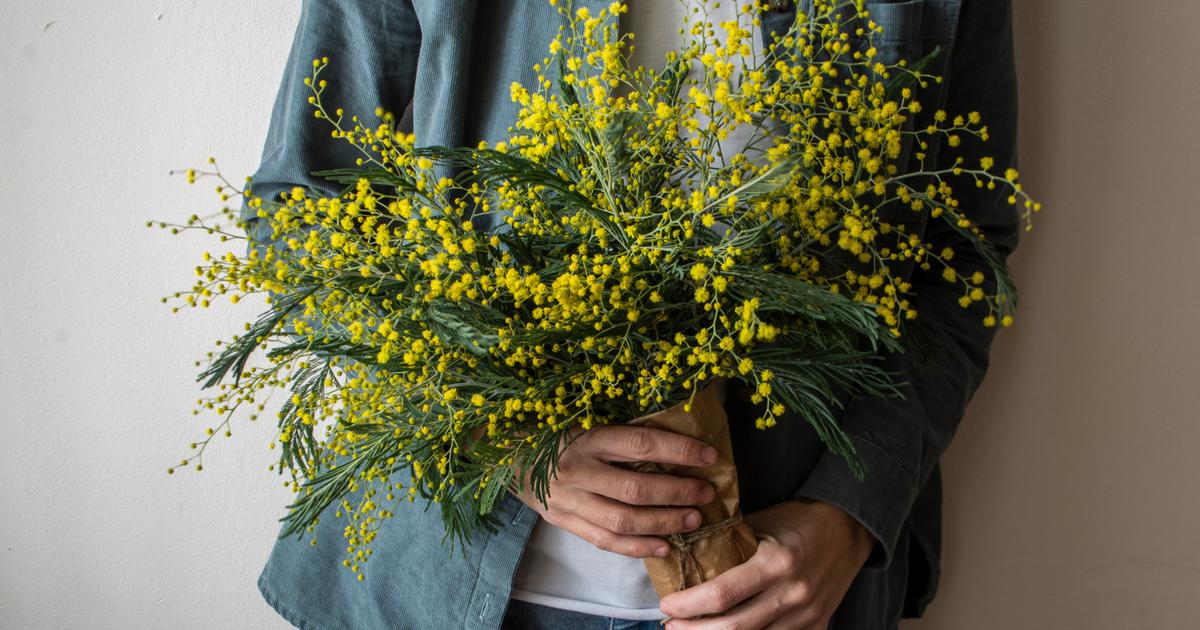Flowers, symbols of affection and romance, are often the key Valentine's Day gift.
However, roses, which largely dominate in this area, are often imported from other countries, which creates a significant carbon footprint.
More environmentally friendly and equally charming alternatives exist.
To discover
February: what vegetables and fruits are in season?
Choose flowers produced in France
If flowers remain essential for Valentine's Day, around 85% of those sold in France are grown abroad (Netherlands, Colombia, Kenya, Ethiopia, Israel, Ecuador, China, etc.), according to an estimate carried out by Val'hor (French interprofession of horticulture, floristry and landscaping).
Roses represent 43.5% of all imported flowers.
Thus requiring energy-intensive transport.
According to another study carried out by researchers at Lancaster University in 2017, the carbon consumption of a bouquet of 30 imported roses is 60kg of CO2, the equivalent of a Paris-London plane journey.
Beyond transportation and energy consumption, cut flower producers use a lot of chemicals.
Indeed, an investigation carried out by Professor Bruno Schiffers, of Gembloux Agro Bio-Tech, revealed the presence of more than a hundred pesticide residues on cut flowers.
For a more eco-friendly Valentine's Day, it is recommended to opt for locally grown and labeled flowers.
Like the “Fleurs de France”
label
, which guarantees the French origin of your flowers.
But also the “Plante Bleue”
certification ,
which guarantees plants produced by French companies, subject to environmentally friendly practices.
Platforms like
“Fleurs d’ici”
have also been created to promote the sale of local, seasonal flowers, but above all in short circuits, grown by small horticultural producers.
Choosing seasonal flowers
Just like fruits and vegetables, flowers have their seasons.
For original and environmentally friendly bouquets, the
“Collectif de la Fleur Française”
lists the ideal flowers to offer in winter.
You can also ask your florist to compose a bouquet with local and seasonal essences.
In February, there are many alternatives to roses:
Buttercup
Camellias
Iris
Crocus
Cyclamen
Anemones
Amaryllis
Good to know
Depending on the region and climate, flowering presents interesting variations.
For example, in the south, the magnificent yellow flowers of the mimosa fill the air with their intoxicating scent from the month of February.
Also readFebruary: what flowers are in season?
Consider alternatives to fresh flowers
Even organic, local and seasonal, cut flowers remain ephemeral.
For a more sustainable option, consider purchasing a potted plant, such as an orchid, anemone or hyacinth.
These plants can last all year round and rebloom with the seasons.
Dried flower bouquets are also a great alternative.
Available commercially or made yourself, they offer a rustic and timeless touch to your decoration.
Here too, you can choose to favor French flowers produced in an environmentally friendly manner for a more eco-responsible Valentine's Day.

